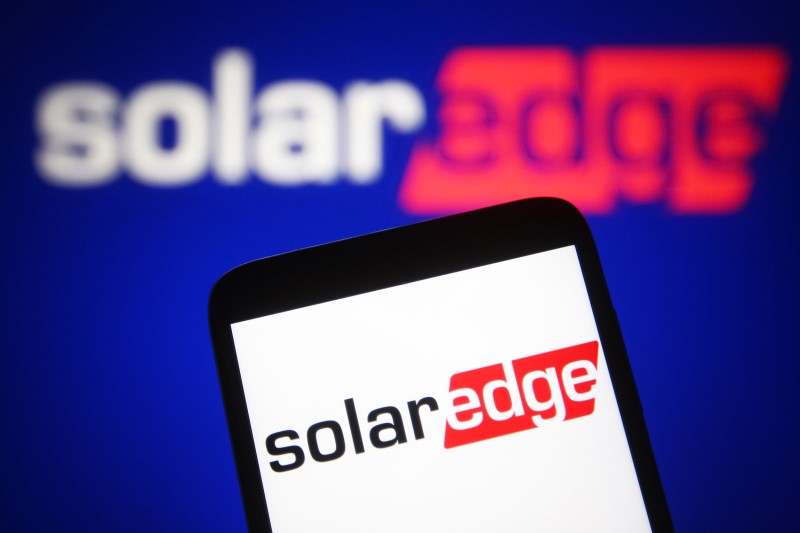US stock futures inch higher with Q3 earnings on tap
On Friday, SolarEdge Technologies (NASDAQ:SEDG) received an upgrade in its stock rating from GLJ Research, moving from Sell to Hold. GLJ Research cited the upcoming return of a "Solar Friendly" Senate as a key factor in their decision. The Senate is expected to reconvene on June 2nd, which is Monday. While the stock has seen a 66% decline over the past year, it has shown recent momentum with a 22% gain year-to-date. Analysts at GLJ Research pointed out that despite seeing structural flaws in SolarEdge’s business model, there is a risk associated with maintaining a short position on the company’s stock in the near term. According to InvestingPro data, 13 analysts have recently revised their earnings expectations upward for the upcoming period.
The analysts have raised concerns about the impact of higher interest rates, the availability of string inverters with microinverter options, and SolarEdge’s perceived lack of innovation in its battery storage offerings. These concerns appear validated by InvestingPro data, which shows the company is quickly burning through cash with weak gross profit margins of -87%. These factors, according to GLJ Research, suggest that SolarEdge’s core business of selling inverters at high margins may be structurally impaired. Despite these concerns, the potential legislative support for solar energy tax credits has influenced the firm’s updated stance on SolarEdge’s stock.
The reassessment comes in light of recent political developments, including a letter dated April 9th from GOP Senators Lisa Murkowski, John Curtis, Thom Tillis, and Jerry Moran to Senate Majority Leader John Thune. The letter expressed support for maintaining energy tax credits, including those for solar power, which were established by the Inflation Reduction Act (IRA). While the company operates with a moderate level of debt and maintains a healthy current ratio of 2.04, InvestingPro’s analysis indicates an overall weak financial health score. The analysts at GLJ Research believe that the sentiments expressed in the letter and the forthcoming Senate session could pose an outsized risk to short sellers of SolarEdge stock.
The upgrade to Hold reflects a change in the perceived short-term risk/reward balance for SolarEdge’s stock, as the market awaits further details on the Senate’s stance regarding solar energy incentives. Analyst targets for the stock currently range from $5 to $27, reflecting the market’s uncertainty. With the Senate’s session beginning next week, investors and analysts alike will be closely monitoring any developments that could impact the solar power industry and companies like SolarEdge.
In other recent news, SolarEdge Technologies has seen a series of analyst updates and evaluations. Northland analyst Gus Richard upgraded SolarEdge from Underperform to Market Perform, maintaining a price target of $15.50, citing the company’s strong position in utility-scale solar and cybersecurity capabilities. In contrast, GLJ Research’s Gordon Johnson raised the price target to $6.90 from $3.90 but kept a Sell rating, expressing concerns about SolarEdge’s revenue recognition practices and the impact of rising U.S. Treasury yields on the solar industry. Additionally, Citi has maintained a Buy rating for SolarEdge with a $39.00 price target, amidst broader industry challenges.
Meanwhile, Guggenheim analysts have noted potential challenges for SolarEdge due to legislative changes impacting residential solar companies, although U.S. manufacturing subsidies remain favorable for some competitors like First Solar (NASDAQ:FSLR). The residential solar industry faces significant changes with the revised Inflation Reduction Act, affecting companies that rely on third-party financing. Despite these challenges, Guggenheim sees stability in manufacturing subsidies as a positive for U.S.-based manufacturers.
Overall, these developments reflect a complex landscape for SolarEdge Technologies, with varying analyst perspectives and legislative factors influencing the company’s outlook.
This article was generated with the support of AI and reviewed by an editor. For more information see our T&C.
